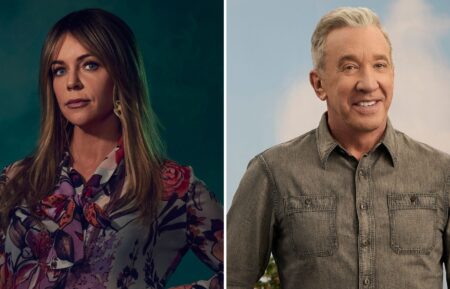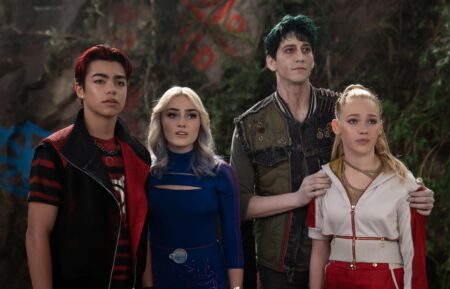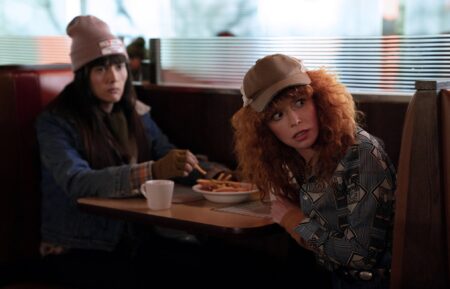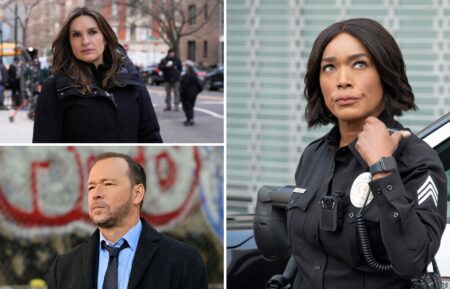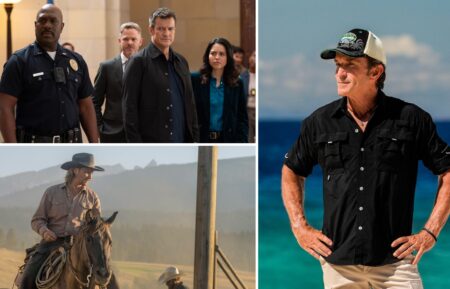Jenna Coleman on Playing Royally Flawed Young ‘Victoria’
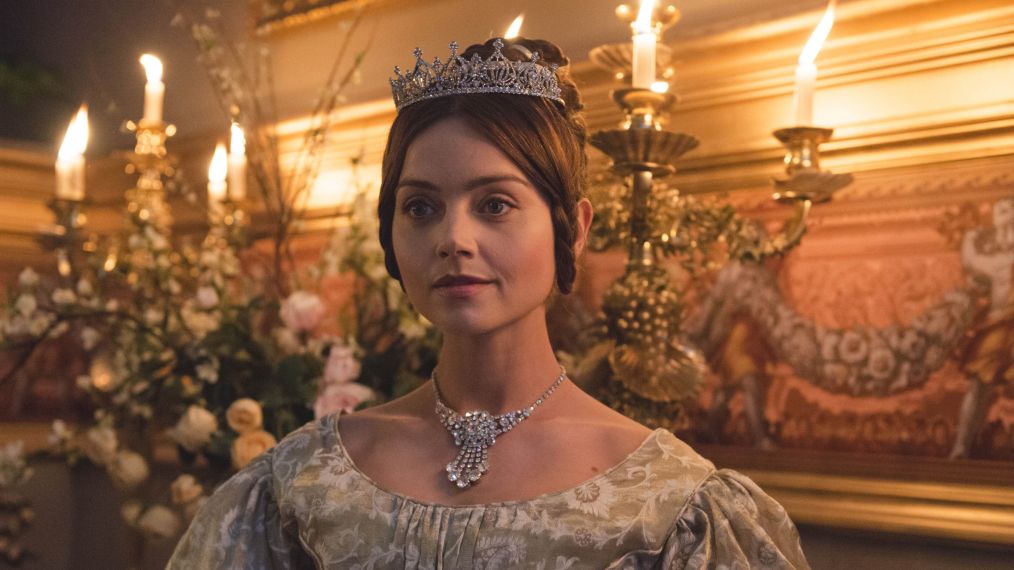
Doctor Who alum Jenna Coleman recently got a major promotion from mere companion to queen. She’s currently reigning as the titular monarch in PBS’s seven-part miniseries Victoria. Based in part on executive producer Daisy Goodwin’s novel, the series follows the young Victoria as she ascends the British throne, falling in love first with her prime minister (Rufus Sewell) and later her cousin, Albert (Tom Hughes), and dealing with the challenges of ruling along the way. TVI spoke to Coleman recently about the challenges of inhabiting the role of a historical figure played by so many formidable actresses before her.
Who is your favorite queen? And please feel free to interpret that as broadly as you like.
Jenna Coleman: [Laughs] My horse, I always think, is a queen. It’s a running joke; my horse on set is the real queen. You can’t let him know otherwise. So, Alonzo the horse.
What did you do to set your Victoria apart from other film depictions of her?
That wasn’t really a thought going into it. I watched Mrs. Brown quite a lot and went back to it during filming a bit. It’s really interesting to see where she gets to when she’s older, and then in a way rewind 50 years. There’s so much in Victoria that kind of—you see the buds of it when she’s younger. And then she grows into the more formidable woman that a lot of people mainly know her as.
So there was nothing I was purposefully doing to set her apart. It was more about using all the resources you have, including The Young Victoria and Mrs. Brown, and all of her diaries. Trying to get to know her. The most useful things to me were the detail in her voice, the tiny little quirks in her character, what she drew. I found out she threw scissors at her governess when she was younger, and it’s that kind of temper that she has that was quite fiery. Apparently, when she ate she sort of gobbled her food, and she laughed with her mouth wide open, which shows you she’s got a kind of lack of self-consciousness. It’s more about the detail you find that gives you an insight than the formalities.
RELATED: Victoria: The Young Queen Would Have Been on Twitter, says EP
Was there anything you found particularly surprising about Victoria?
I think how candid she was, how frank. Given that she was the queen of England and there was this great interest in her, it’s really funny because you think if she was here today she would have so many press advisors going, Victoria, please! Be quiet! You can’t say that! I’m quite sure that if she was around today that she would be on Twitter. She wrote her diaries, which obviously weren’t to be published, but she actually published a book when she was queen—she actually published a novel about her time in the highlands. She was so candid and frank, and I find that really endearing. So that really surprised me.
What did you think of her as a leader and as a very young woman in power at a time when women in general didn’t have a lot of power?
She was our longest—well, now second longest-reigning—monarch at a time when women didn’t even have the vote, and that in itself is really fascinating. Not to mention she was only 18 when she became queen, being only 4’11”, without a father figure and with a mother who she had an awful relationship with. It’s quite unimaginable really. And I think it was Daisy [Goodwin]’s starting point for the series, looking at her own 16-year-old daughter and thinking, “My goodness, Queen Victoria was not far from your age.” She was a teenager when she had this responsibility laid upon her shoulders. She was impulsive and guileless and did make all these mistakes. I think that’s what’s so lovely: she did have faith that she could do good in the world, but she does get it wrong a lot and she’s really flawed. I think it’s important not to shy away from that. But she did it at a time when everyone around her told her that she couldn’t do it.
Victoria, Sundays through March 5, 9/8c, PBS



